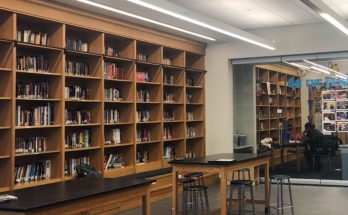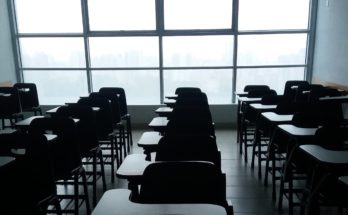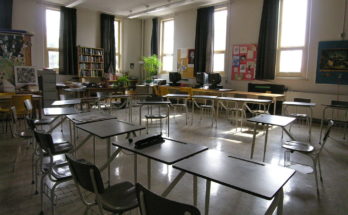America treats public schools like shoe stores, said Diane Ravitch at Tuesday night’s lecture at Barnard College on the topic of “For the Public Good.” The former Assistant U.S. Secretary of Education and current Professor of Education at New York University spoke for an hour to a crowd of over 400 on issues ranging from charter schools to teacher evaluations to the culture of testing.
When a profit isn’t being made, she said, the “stores” are shut down instead of receiving help. “Accountability only falls at the bottom,” she said, adding that nobody wants to take responsibility for the schools that are struggling, so teachers usually are blamed.
And being a teacher is drastically harder now than 20 years ago, said Ravitch, whose book, “The Death and Life of the Great American School System: How Testing and Choice are Undermining Education,” sparked debate when it was published in 2011.
Ravitch cited a 1988 study when teachers tended to have an average about 14 to 15 years of experience. By 2008, the average teacher had only a year. Ravitch said it’s because schools have become difficult places to work, and teachers are demoralized.
“We may just have to live through a terrible period in which those who go into teaching recognize all the challenges and do it anyway,” she said, “with a spirit of… being almost guerrilla fighters wanting to help kids despite all these terrible obstacles.”
The root of the problem is poverty, Ravitch said. She dismissed the ideas that charter schools, merit pay, or closing schools could improve education, and suggested that only opportunity and access to prenatal care and early childhood education will truly start solving the problem.
Barnard alumnus Eleanor Kra said she has been following Ravitch and knew her to be an intelligent observer of education. She wanted to find out why Ravitch changed her mind on so many education policies since she worked under President George H.W. Bush.
Ravitch addressed that issue, during her speech, explaining that she gradually came to realize that attempts at reforming education weren’t working, and realized that every community needed public services, especially public schools, in order to function. She said that what schools need is targeted help and resources–not privatization.
The audience seemed to agree. Ravitch was interrupted by applause several times. A handful gave her a standing ovation. Audience member Fran Leeman, a high school math teacher for 35 years, said that the speech made her sad because it was a “very doom and gloom focus on the future of public education.” She said that education is disintegrating, and Mayor Bloomberg and school Chancellor Dennis Walcott have no idea what is going on every day in the schools. “It’s very difficult,” she said.
Gilda Schneider, a former elementary and high school teacher, said there needs to be more accountability for education officials and administrators at the “top.” “The captain’s supposed to go down with the ship,” Leeman said, “and that’s not what happens.”
The series will continue at Barnard with a lecture by architecture critic Michael Kimmelman about public space and public consciousness on March 6th.



